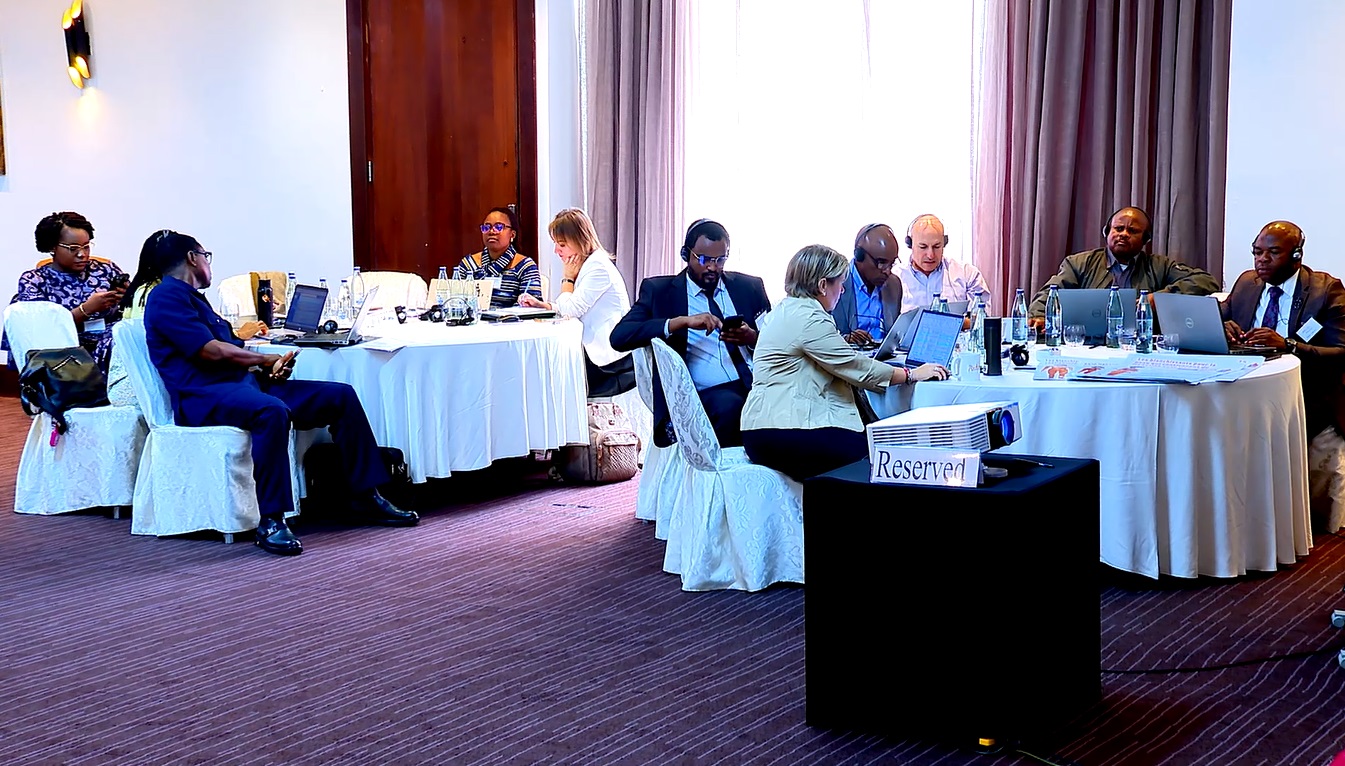Workshop that Aims to Eliminate Mercury-added Skin Lightening Products Underway in Addis Ababa - ENA English
Workshop that Aims to Eliminate Mercury-added Skin Lightening Products Underway in Addis Ababa

Addis Ababa, October 1, 2025 (ENA)— A Global Environment Facility (GEF) workshop aimed at eliminating mercury-added skin lightening products was launched in Addis Ababa today.
Opening the workshop, Environmental Protection Authority Director-General Lelise Neme emphasized the urgent need for united action against mercury’s dangers.
“Mercury threatens both our environment and the future of our people, causing irreversible harm to the nervous system, kidneys, and reproductive health, especially for pregnant women and children,” she stated.
Despite global efforts under the Minamata Convention, mercury-containing cosmetics persist, driven by harmful beauty standards favoring lighter skin.
The Director-General described the project as a milestone to disrupt mercury supply chains, strengthen enforcement, and remove toxic products from markets and online.
Ethiopia has aligned its regulations with the convention but stressed that success requires enforcement, lab capacity, customs control, and public awareness.
On her part, UNEP Addis Ababa Liaison Office Head Margaret M. Oduk underscored environmental impacts tied to mercury contamination.
The danger extends beyond users to entire households through vapor inhalation and water pollution, she added.
According to her, the 51 million USD GEF-supported projects will mobilize nearly 76 million USD in co-financing to reduce hazardous mercury manufacture, trade, and sale.
“Over the next 12 to 18 months, we will help strengthen national laws in line with the Minamata Convention, equip border control agencies, map supply chains, and drive public campaigns to dismantle dangerous beauty standards.”
She stressed the vital roles of decision-makers, industries, civil society, and youth leaders to sustain momentum beyond the project’s preparatory phase.
Executive Director of the Biodiversity Research Institute (BRI) based in the US, David Evers, praised Africa’s ongoing commitment.
“African countries were instrumental in amending the Minamata Convention to stop mercury use in cosmetics. We look forward to collaborating based on your experiences to overcome challenges and build effective enforcement.”
Reproductive, Maternal, Newborn, Child and Adolescent Health (RMNCAH) Cluster Lead for WHO-Ethiopia, Dr. Sarai Malumo highlighted technical capacity building through mercury detection laboratories and a global mercury database cataloging dangerous product.
She praised the Ethiopian government's commitment to taking action against mercury’s dangers, as well as its efforts to ban and control DDT.
“Our team has developed a replicable two-step methodology to analyze mercury in skin lightening products, helping countries build lab capacity and better control distribution.”
The three-day workshop organized by UNEP, GEF, BRI, the European Environment Bureau, and the Global Mercury Partnership in collaboration with Ethiopia’s Environmental Protection Authority, embodies a critical turning point, involving 13 African countries and other global stakeholders.